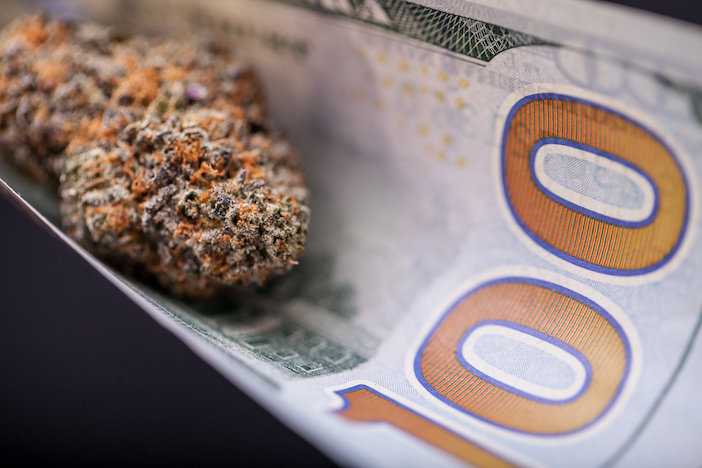New report says ending the War on Drugs would increase government budgets by over $100 billion
Thor Benson / Cannabis News Box Contributor
A new report from a Harvard researcher shows legalizing all currently illegal drugs would benefit state and federal budgets to the tune of $106.7 billion annually. A little less than half of that would come from not enforcing prohibition as we are doing, and over half of it would come from the taxes we’d collect selling those drugs.
“Drug legalization affects various social outcomes,” Jeffrey Miron, director of undergraduate studies in the Department of Economics at Harvard University, wrote. “But policymakers and scholars should also consider the fiscal effects of drug liberalization. Legalization can reduce government spending, which saves resources for other uses, and it generates tax revenue that transfers income from drug producers and consumers to public coffers.”
Miron explains in this analysis the high cost of enforcing prohibition and the many ways we’re not benefitting as we could from the possible revenues created by ending prohibition. When asked if this meant that we would be selling drugs like cocaine and heroin in certain stores, Miron told Cannabis News Box “Yes.”
Miron claims there would be less crime and corruption, less racial criminal justice enforcement, and people who use drugs would be “free to do as they please.” He even said the U.S. could conceivably start exporting certain drugs, like cannabis, if it chose to do so.
“If we legalize production and sale, I assume we would legalize export as well,” Miron said.
Miron has been advocating for the legalization of drugs for years. Last year, he wrote a piece for Fortune explaining how the U.S. might be able to better fight the opioid epidemic by legalizing or at least decriminalizing all drugs.
“Around the world, liberal drug policies have had great success in reducing the harms from drug addiction, such as HIV and overdoses,” he wrote. “Faced with a raging opioid crisis, the U.S. would be wise to model its own drug policy after countries that have undergone similar experiences.”
Miron cites how situations improved in places like Portugal and Uruguay after they started decriminalizing drugs and explains that we could benefit from taking the same route. He has often expressed this opinion in many of the country’s top publications.
It seems unlikely we’ll legalize all drugs under the Trump administration, considering Trump is all about fighting drug trafficking and likely wouldn’t understand how legalization could help in that effort. But, maybe someone will take Miron’s advice down the line and really look at the evidence he’s presenting.








